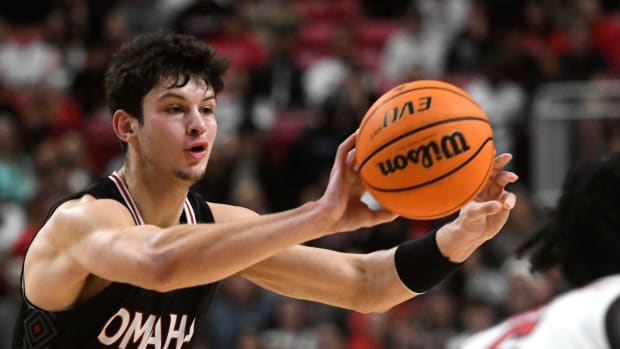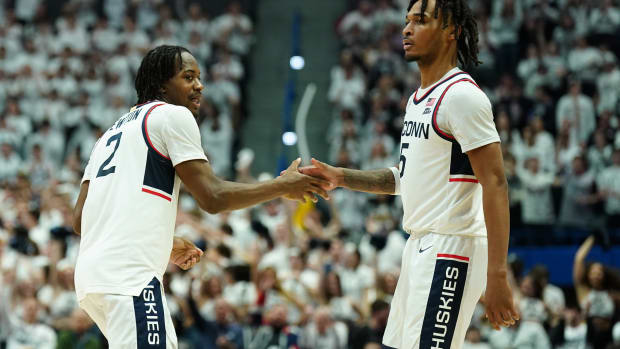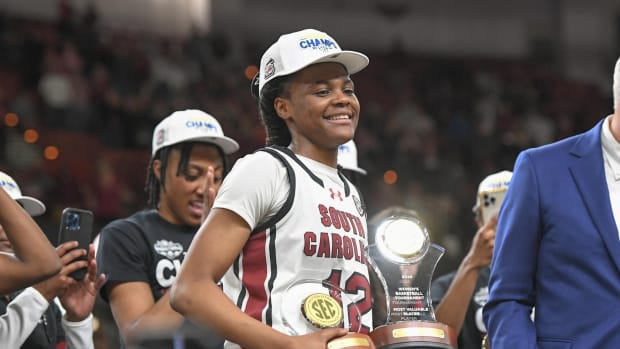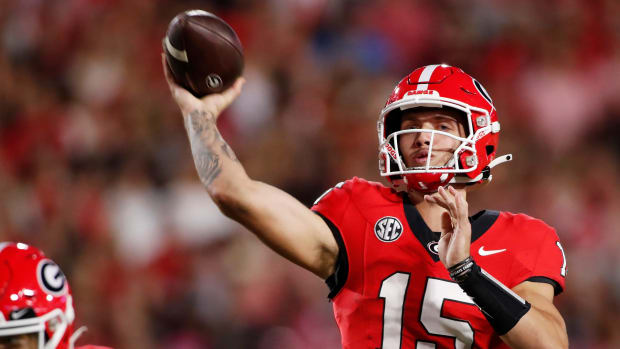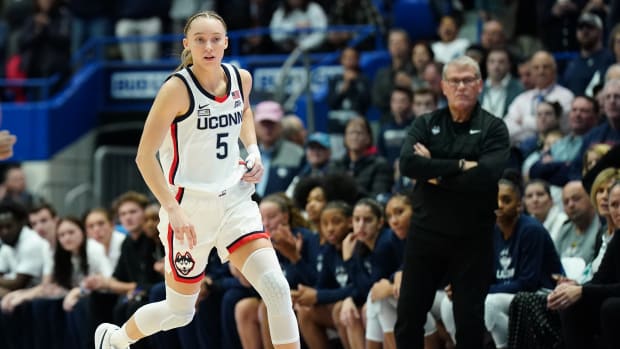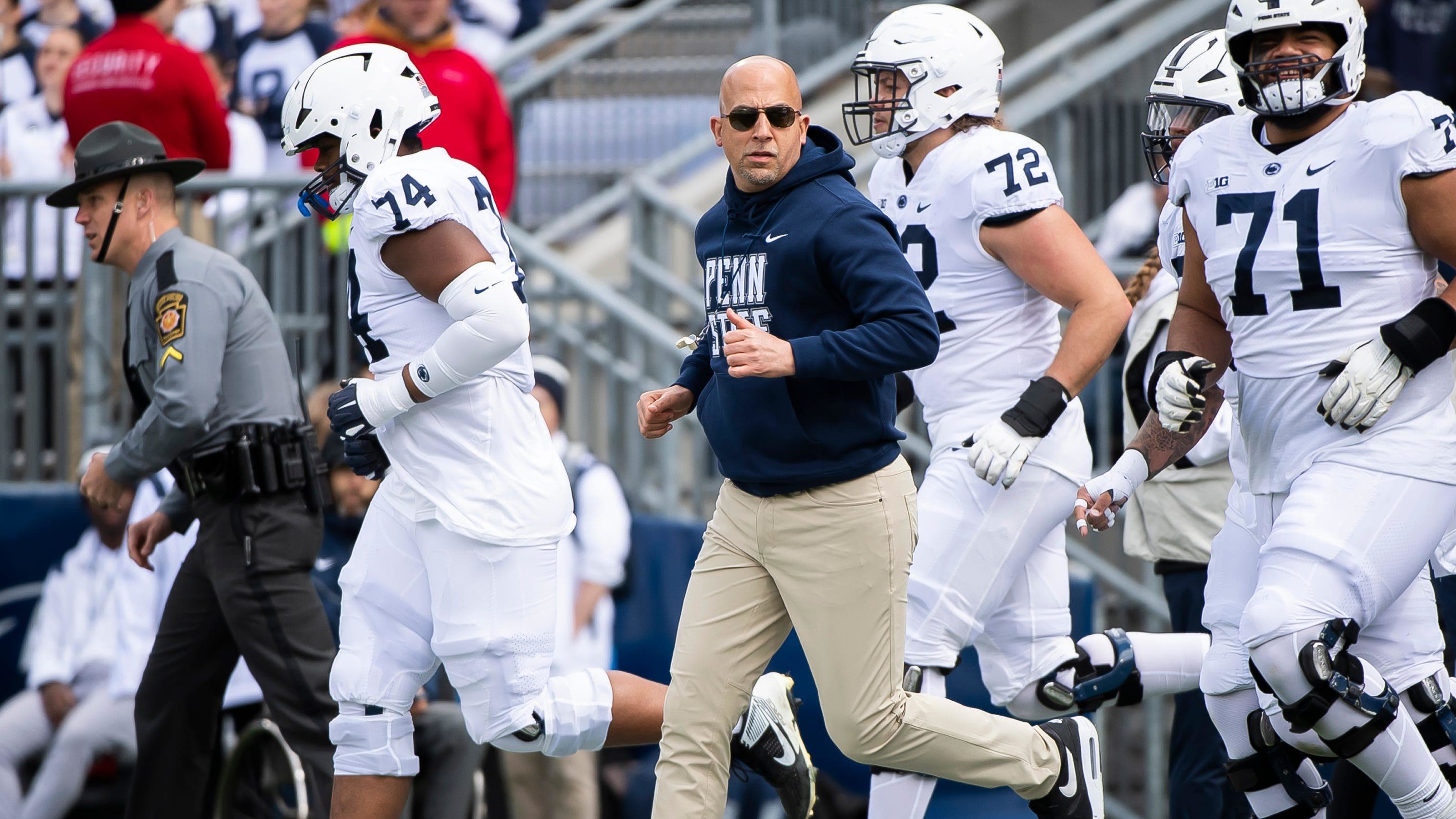
Coaches Asking Players to Enter Transfer Portal is the New NIL Normal
With heightened expectations stemming from lucrative NIL pay to play contracts, many athletes face a sobering reality of the expectations that accompany money
Love it or hate it, NIL has shifted the landscape of revenue college sports drastically. In 2021, dual NCAA rule changes to player compensation and transfer restrictions created a perfect storm leading to the creation of a proxy-free agency system at the conclusion of every season, infamously known as the transfer portal. Now, the NCAA, which did not historically have any major news regarding offseason maneuvers, has been inundated with athletes looking to cash bigger NIL ‘pay-for-play” checks, find more playing time, and/or a better team fit through "the portal". Looking more and more like professional leagues, college football and basketball now contain an offseason full of headlines and drama.
Professionalization of collegiate sports is nothing new. The broadcast quality of FBS football and high major basketball is often indistinguishable from professional sport league productions, fans pack stadiums, and sport media covers the storylines of both leagues with devotion. Both professional and collegiate sports are commercialized ventures, now in the era on NIL, athletes can be compensated for their pay, making the distinction of amateur and professional sport more of an argument of semantics.
However, not all is wine and roses for college athletes, with the integration of professional concepts like athlete payment comes a heightened level of scrutiny for athletic performance. With more at stake financially for institutions and their collective partners who provide NIL pay-for-play contracts, players more and more often are being asked to leave by their coaches to free up roster space and collective money to recruit players either from the high school ranks or transfer portal.
This concept is not new, from personal experience in collegiate golf, I knew several people at a top program who were instructed by their coach to find a new program or never see the course. If players chose to stay often coaches would make practice agonizing. This was a non-revenue sport before NIL; it is easy to speculate what these discussions between revenue sport players and their coaches now look like in a time when so much more is at stake.
In a recent statements 247Sports and CBS Sports college football analyst Carl Reed Jr. outlined a sobering reality of the cutthroat nature of college football in the NIL era: “If you don’t play within two years, there is likely chance the coach is going to ask you to leave. No matter what the relationship is like with your high school coach, no matter what he told your mom and dad during the recruiting process, it’s too much pressure for [the coach] to win.” Anecdotal reports have surfaced about players being pressured into the transfer portals by coaches who no longer have a use for them on their current roster. In Reed’s eyes the most beneficial thing a prospective athlete can do is find a school where they can take the field as quickly as possible.
The closer collegiate sports come to professional sports, the closer the ramifications of poor performance on the field will be between professional and amateur sports. When football coaches only had 85 scholarships to offer, having players who underperformed remain on the bench and get their degree was a courtesy many were willing to provide. When a player is now on scholarship and earning tens of thousands of dollars from a collective, the potential return on investment of collective money going elsewhere is too great to keep a player who is unable to contribute on the payroll.
Carl Reed Jr. believes that college coaches are responsible for transparency in this new era. During the recruiting process this it is imperative to describe the reality of the NIL era to prospective student athletes, he states the old recruiting pitch of “It's not a 4-year decision, it’s a 40-year decision” is a thing of the past. In his words the new recruiting pitch is something closer to, “We are going to be family, if you play, but if you don’t play, you have to go.”
Through NIL athletes can make a good deal of money, but like any job, the more you make the greater the expectations are for your performance.
